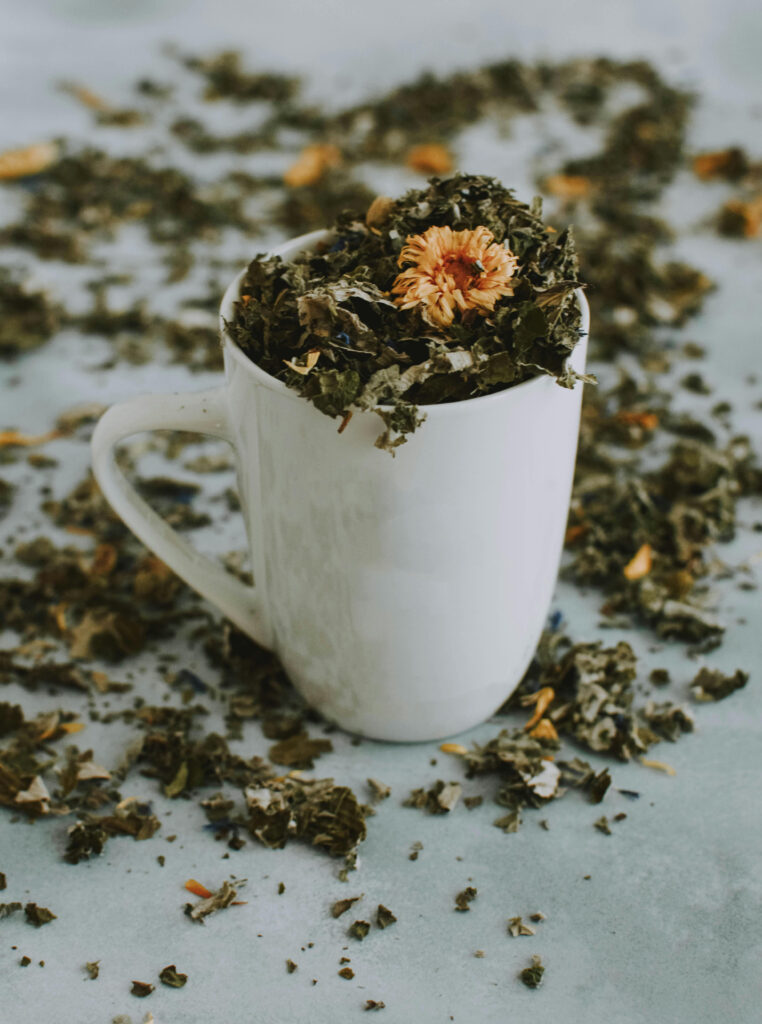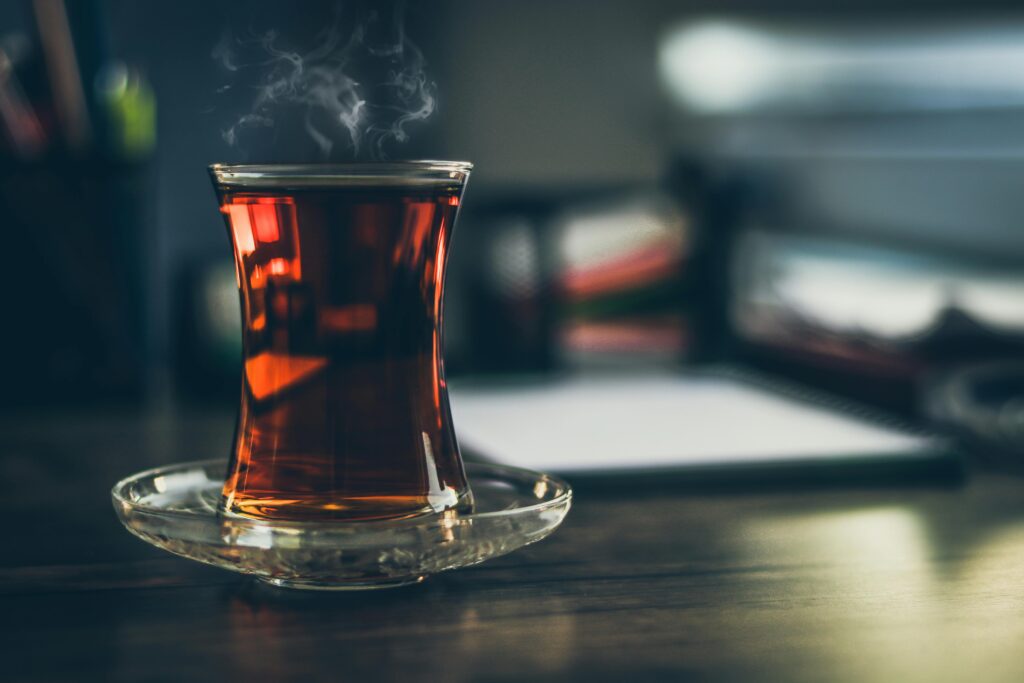The Best Morning Teas to Alternate with Your Routine Cup of Coffee
The Best Morning Teas to Alternate with Your Routine Cup of Coffee

Coffee is the most popular non-alcoholic beverage in the world — and a staple of the American morning. For some, it’s a simple caffeinated start. For others, it’s a carefully crafted ritual of beans, roasts, syrups, creams, and foams. Coffee has become as varied as the personalities that drink it.
But if you’ve been drinking coffee for any length of time, you may have felt the need to step back. Perhaps its effects no longer register as they once did, leaving you desensitized. Perhaps the calories of cream and sugar add up faster than you’d like. Or maybe the daily expense has you questioning the habit. Whatever the reason, there are times when even the most loyal coffee drinker looks for an alternative.
Tea offers a quieter but equally satisfying morning option. In this article, we’ll explore the best morning teas to alternate with your routine cup of coffee — teas that parallel its strength, match its comfort, or exceed its flavor.
Loose Leaf Tea and Pyramid Tea Bags

When stepping into tea, it’s worth knowing how form influences flavor.
- Loose leaf tea delivers the fullest experience, as whole leaves expand and release more nuanced aromas.
- Paper tea bags are convenient and familiar, though they often hold smaller tea particles, which brew quickly but with less depth.
- Pyramid tea bags offer more room for the leaves to unfurl, often creating a richer cup. Some are made with nylon or food-grade plastic, which has raised questions about the potential for microplastic release when exposed to boiling water. While the amounts are generally small, it’s worth noting. Paper bags can also carry minor concerns, though typically to a lesser degree.
Plastic-free or compostable options are increasingly available for those who want to avoid this entirely, though they often come at a higher cost. Still, many tea drinkers find pyramid bags to be a practical balance between convenience and flavor.
How Does Black Tea Caffeine Content Compare to Coffee?

When replacing coffee, caffeine is often the first concern.
A standard 8 oz cup of coffee contains between 95–120 mg of caffeine, depending on roast and preparation. By contrast, an 8 oz cup of black tea typically ranges from 40–70 mg. While lower in total content, black tea’s caffeine is paired with L-theanine, an amino acid that moderates absorption and promotes calm focus. The effect is often described as steady alertness without the jitter and crash of coffee.
This makes black tea the most natural bridge for coffee drinkers. From here, you can choose teas that prioritize strength, flavor, or balance.
Choosing the Best Morning Tea
Tea for Strength and Flavor: Pu’erh Tea
Pu’erh tea (a fermented black tea from China’s Yunnan province) is the closest parallel to coffee. Its dense, earthy body allows it to be consumed plain, like black coffee, or softened with milk or cream. Its caffeine content can approach the lower end of coffee, making it an ideal substitute when you want both strength and depth.
Tea for Flavor: Masala Chai
When caffeine is less important than taste, Masala Chai delivers richness through its spices. A traditional Indian blend of black tea with cardamom, cinnamon, ginger, cloves, and black pepper, chai is warming and complex. It can be enjoyed on its own or with milk and honey, creating a morning beverage as flavorful as it is comforting.
Tea for Balance: Flavored Pu’erh and Additives
For those who want both stimulation and indulgence, flavored pu’erh blends strike a balance. A Caramel Almond Toffee Pu’erh, for example, combines the depth of fermented tea with almond slivers, caramel pieces, and toffee for layered taste. These teas carry enough body to hold milk yet remain refined enough to drink plain.
Conclusion
Alternating coffee with tea doesn’t mean sacrificing enjoyment. It means broadening the spectrum of morning rituals available to you. Whether it’s the earthy strength of pu’erh, the spice of masala chai, or the steady alertness of black tea, tea offers variety without the excess calories, expense, or intensity that sometimes accompany coffee.
For the coffee drinker, tea isn’t a replacement — it’s an expansion.



